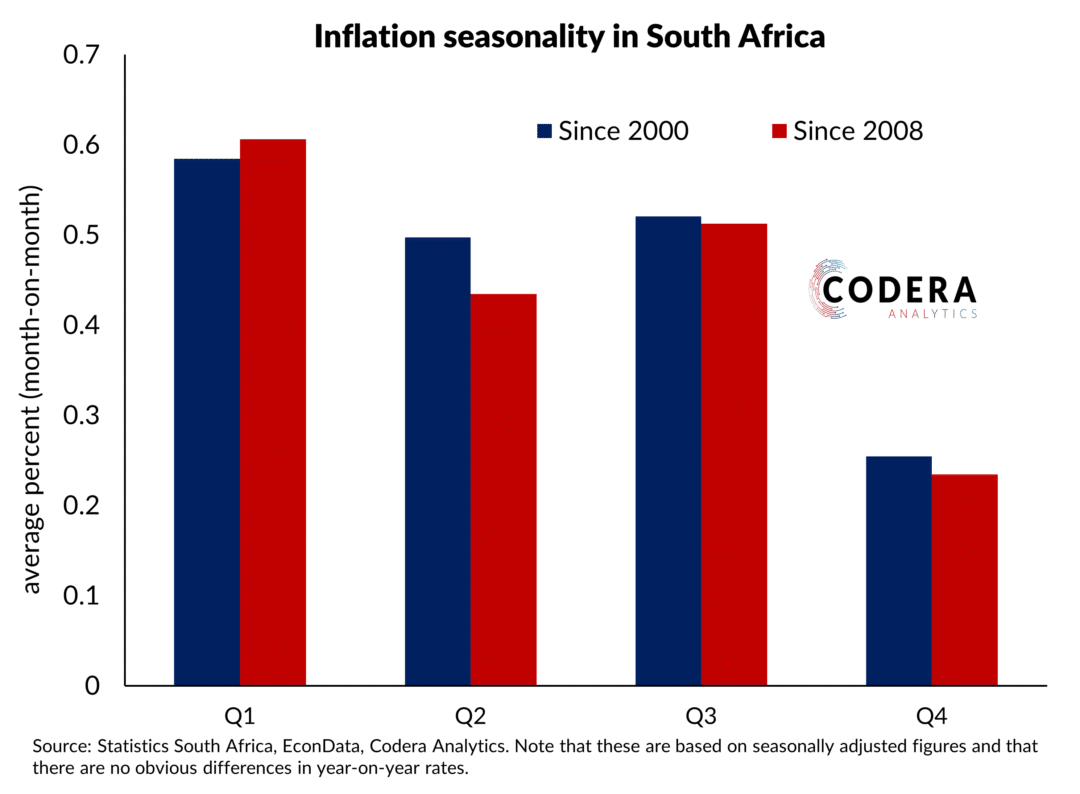The South Africa Startup Act Movement released a case study on the impact of regulations on the growth of startups. It argues that exchange controls are a major constraint to the growth of South African startups, for the following reasons:
- through a prohibition on structuring startups as held by an overseas holding company
- requiring approval for taking South African intellectual property offshore
- increasing the cost of cross-border transactions and compliance.
The report mentions that founders list exchange controls as an important bottleneck to attracting foreign investment and a major reason for emigration among entrepreneurs. Their survey shows that around 80% of the surveyed startups had moved their business overseas to raise capital. It also notes, for example, that out of 52 startups sampled, 122 individuals and their families had formally emigrated.
Why is this? The report argues that prospective investors are scared off by the uncertainties associated with whether the South African Reserve Bank will allow South African intellectual property to be assigned to an international company. It notes that this is causing many South African startups to shift their entire operations offshore to avoid the intellectual property produced offshore to be considered South African, given uncertainty over whether there may be future claims on that intellectual property by our tax authority. By constraining South African startups from accessing foreign capital for growth, the report argues that exchange controls are reducing South Africa’s tax base and the positive spillovers startups produce for the domestic economy.
Footnotes
The 2023 guidelines from SARB state that the restrictions to transfer of intellectual property to non-residents do not apply to tech companies, but require them to remain registered in South Africa. Tech companies may start an offshore company subject to registration and reporting requirements, as well as a requirement to remain tax resident in South Africa. Companies may seek approval for primary listings offshore but this is subject to range of conditions, including that that they must remain controlled and managed in South Africa and remain tax resident here, as well as that intellectual property must remain registered in South Africa.
A couple of other noteworthy requirements are:
- That royalties or fees from licensing intellectual property to non-residents must be repatriated within a month.
- That there are also a number of shareholding and asset criteria that apply to newly established headquarter companies that wish to invest offshore without restrictions.

